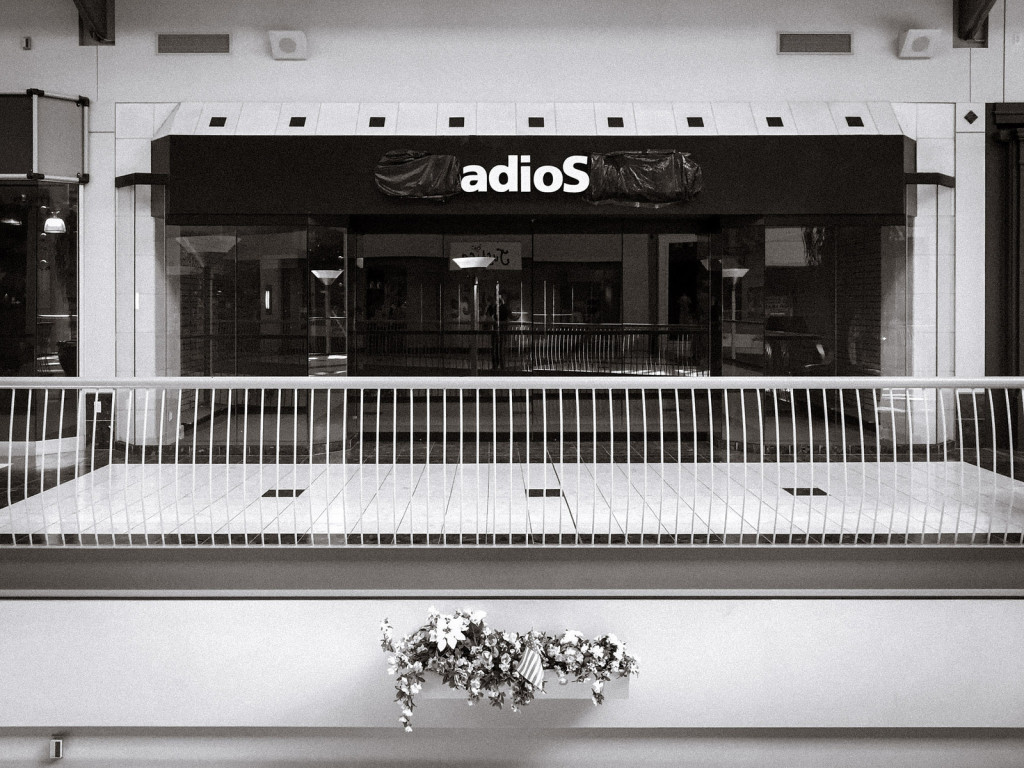Judge Approves Final Plan For RadioShack Bankruptcy
The electronics retailer had $1 billion in debt, and there simply aren’t enough assets to pay everyone back. The bankruptcy can finally conclude because those unsecured or “junior” creditors agreed to end lawsuits against the senior creditors in exchange for having the senior creditors set aside about $9 million in a trust for them when the company finally liquidates.
The junior creditors, meanwhile, are still suing the executives of Radioshack for breach of fiduciary duty for their decisions of the last few years: any monetary awards from that will also help cover their losses.
The RadioShack stores that stayed open were purchased by Standard General, a hedge fund that had lent RadioShack hundreds of millions of dollars when it was in trouble. The company they formed to buy the stores, General Wireless, bid on stores in the bankruptcy auction mostly using RadioShack’s debt to the fund as currency: instead of cash, the former RadioShack will owe Standard General that much less once the retailer’s debts are settled.
However, that bid wasn’t the highest. While the court approved it because it preserved thousands of jobs, bids that would have shut down all of RadioShack’s stores and held liquidation sales of their inventory, a higher bid from fellow senior creditor Salus Capital would have brought in more cash for lenders.
Most important for consumers, who are like micro-creditors in corporate bankruptcies if they hold gift cards, the Texas state attorney general led the way in negotiating a settlement to redeem gift cards and setting up an escrow account so card holders won’t have to wait months or years to get their money back.
RadioShack Wins Final Approval of Chapter 11 Plan [Wall Street Journal]
Want more consumer news? Visit our parent organization, Consumer Reports, for the latest on scams, recalls, and other consumer issues.


